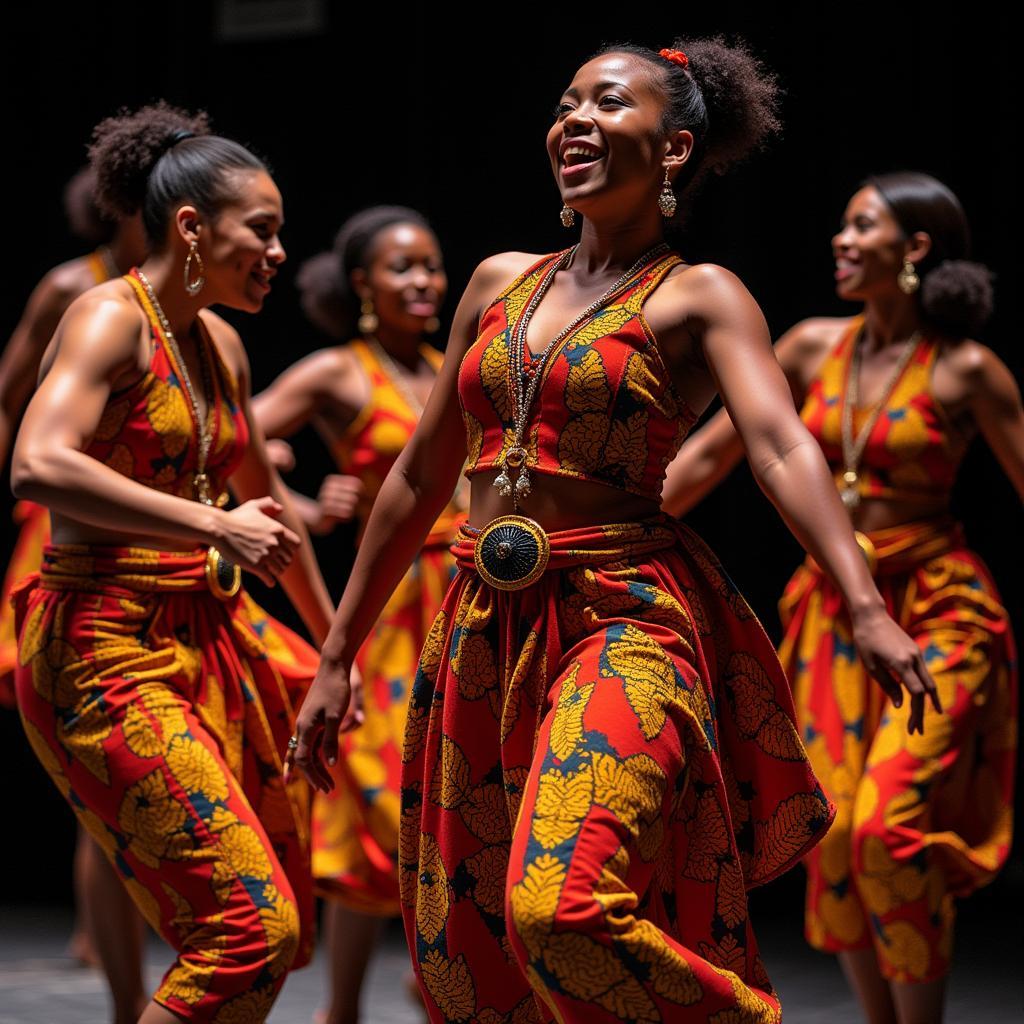A Long March: The History of African American Voting Rights
The history of African American voting rights is deeply intertwined with the struggle for racial equality in the United States. From the Reconstruction era following the Civil War to the landmark victories of the Civil Rights Movement, African Americans have fought tirelessly for their right to vote, often facing violent opposition and systemic disenfranchisement.
The Promise of Reconstruction and Its Betrayal
The 13th, 14th, and 15th Amendments to the US Constitution, ratified between 1865 and 1870, marked a turning point. These amendments abolished slavery, granted citizenship and equal protection under the law to African Americans, and prohibited denying the right to vote based on race, color, or previous condition of servitude. This period, known as Reconstruction, saw a significant increase in African American voter registration and participation in government. For a brief time, Black men held office at all levels, bringing hope for a more just and equitable society.
However, this progress was short-lived. Southern states, determined to maintain white supremacy, enacted laws and policies designed to disenfranchise Black voters. Poll taxes, literacy tests, and grandfather clauses were among the tools used to prevent African Americans from exercising their constitutional right. Violence and intimidation, often perpetrated by groups like the Ku Klux Klan, further suppressed Black voter turnout.
The Civil Rights Movement and a Second Reconstruction
The fight for voting rights remained central to the Civil Rights Movement of the 1950s and 1960s. Activists organized voter registration drives, challenged discriminatory voting laws in court, and staged protests across the South, drawing national attention to the plight of disenfranchised African Americans.
Key moments in this struggle include:
- Brown v. Board of Education (1954): While not directly about voting, this landmark Supreme Court decision declaring segregation in public schools unconstitutional laid the groundwork for challenging other forms of racial discrimination.
- The Montgomery Bus Boycott (1955-1956): This year-long boycott, sparked by Rosa Parks’ refusal to give up her seat on a bus, demonstrated the power of nonviolent resistance and propelled Martin Luther King Jr. to national prominence.
- The Selma to Montgomery Marches (1965): These marches, met with brutal police violence, galvanized public support for voting rights and pressured Congress to pass the Voting Rights Act.
The Voting Rights Act of 1965: A Landmark Victory
Passed in the wake of the Selma to Montgomery marches, the Voting Rights Act of 1965 was a landmark piece of legislation. It outlawed discriminatory voting practices like literacy tests and poll taxes and authorized federal oversight of voter registration in states with a history of discrimination.
The act had an immediate and profound impact. Within a few years, Black voter registration in the South had increased dramatically, and African Americans were being elected to office in record numbers. The Voting Rights Act is widely considered one of the most effective pieces of civil rights legislation in US history.
Ongoing Challenges and the Fight Continues
While the Voting Rights Act was a major victory, the struggle for equal voting rights is far from over. New barriers to voting have emerged in recent years, including strict voter ID laws, cuts to early voting periods, and the closure of polling places in predominantly Black communities. These measures, critics argue, disproportionately disenfranchise minority voters.
The fight to protect and expand voting rights continues to this day. Organizations like the NAACP Legal Defense and Educational Fund and the American Civil Liberties Union are actively challenging discriminatory voting laws in court. Activists are working to educate voters about their rights and mobilize them to participate in elections.
Conclusion: Honoring the Legacy, Securing the Future
The history of African American voting rights is a testament to the resilience and determination of generations of activists who fought tirelessly for equality. From Reconstruction to the Civil Rights Movement and beyond, African Americans have faced immense challenges in their pursuit of the ballot box. While significant progress has been made, the struggle is ongoing. As we honor the legacy of those who came before us, it is crucial to remain vigilant in protecting the right to vote for all Americans.



